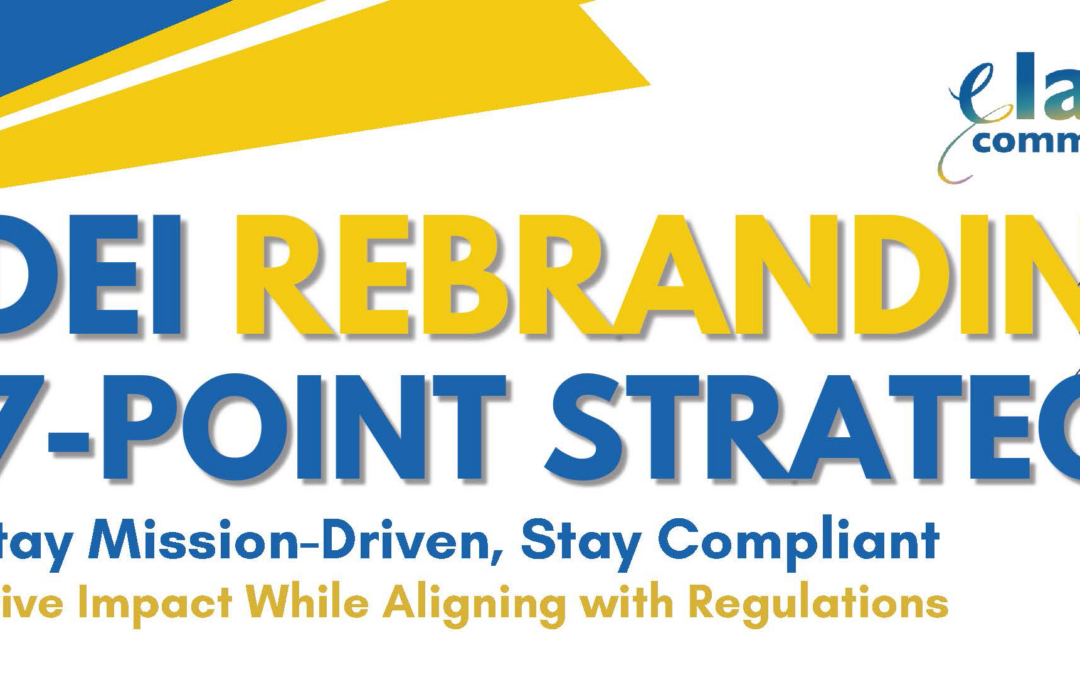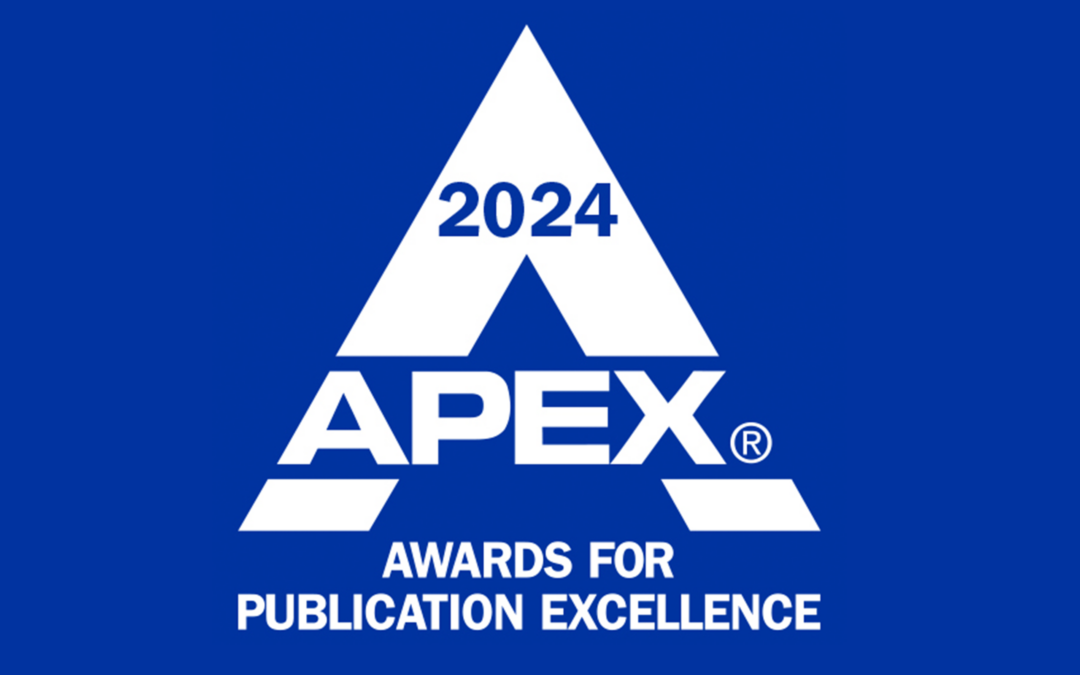Social justice issues are at the forefront of conversations, movements, and activism. From racial inequality to gender rights to climate justice, these topics can be overwhelming, yet they are crucial for creating a more equitable society. With so many voices speaking out, it can sometimes feel difficult to navigate how to make your voice heard—especially if you’re still figuring out where you stand or how to express your thoughts effectively.
Finding your voice amidst social justice issues is not only about speaking up; it’s about speaking thoughtfully, purposefully, and with compassion. Read on to discover how to express your unique perspective on these important matters.
1. Understand Your Own Values and Beliefs
Before you can speak out, it’s essential to take the time to reflect on your values. What do you stand for? What injustices do you feel most connected to? Understanding your own beliefs and feelings is the foundation for finding your voice. This introspection allows you to articulate why these issues matter to you on a personal level. You can gain clarity on what drives you to speak out, helping to ensure that your message remains authentic and consistent, by answering these questions:
- What issues do I feel passionate about?
- Which causes align with my personal experiences and understanding?
- How do my values shape the way I view the world?
2. Educate Yourself on the Issues
While it’s important to speak from the heart, it’s equally important to speak from a place of knowledge. Understanding the complexities of social justice issues is key to forming a nuanced perspective and avoiding the spread of misinformation. Educate yourself on historical contexts, statistics, and the lived experiences of marginalized communities.
Consider reading books, watching documentaries, attending workshops, and following thought leaders who are experts in these areas. This deeper understanding allows you to engage in meaningful conversations and support your views with facts. Being well-informed helps you become an ally who amplifies the voices of those directly affected, rather than speaking over them.
3. Listen and Amplify
One of the most important aspects of finding your voice in social justice is learning to listen. It’s easy to get caught up in our own thoughts, but true advocacy begins with empathy. Listen to the voices of those who have been directly impacted by injustice. Whether it’s through social media, podcasts, or in-person conversations, seek out and amplify the experiences and stories of marginalized communities.
Amplifying voices isn’t just about retweeting or sharing—it’s about using your platform (whatever size it may be) to raise awareness and give others the space to speak. Sometimes, finding your voice means stepping back and supporting those who need to be heard.
4. Start Small and Be Intentional
You don’t have to become an expert activist overnight. Social justice work is a marathon, not a sprint, and every action, no matter how small, counts. Whether it’s having a conversation with a friend, sharing an article, or supporting local advocacy efforts, there are many ways to get involved.
Start by choosing one issue that resonates most with you and learn everything you can about it. Use your own experiences and knowledge to engage in meaningful, productive conversations. Remember, your voice matters, and even small actions can make a big impact.
5. Speak with Compassion, Not Perfection
Finding your voice doesn’t mean you have to be perfect in your language or actions. Social justice work can be uncomfortable, and you may make mistakes along the way—and that’s okay. What matters is your willingness to learn, grow, and adapt.
Speak with compassion and humility, and be open to feedback. If you say something unintentionally harmful, listen to the people who point it out, reflect on it, and do better next time. True allyship is about ongoing learning and self-reflection, not about presenting yourself as infallible or always “right.”
6. Engage in Difficult Conversations
As you find your voice, you may encounter difficult conversations—whether with family members, friends, or colleagues. These discussions may bring up uncomfortable truths, and it’s easy to shy away from conflict. However, it’s in these moments that your voice can truly make a difference. Don’t shy away from discussing tough topics, even if it feels uncomfortable. Practice patience and empathy and remain open-minded. You don’t have to change someone’s mind immediately, but you can plant seeds of understanding that grow over time.
Be sure to approach these conversations from a place of mutual respect and avoid attacking others. Instead, ask questions, offer insights, and share perspectives. Engaging in dialogue allows both you and others to reflect on your views and, hopefully, gain a deeper understanding of social justice issues.
Remember that your voice is not only heard in what you say but also in what you do. Social justice isn’t just about words—it’s about action. Look for ways to contribute to your community, whether through volunteering, donating, participating in protests, or supporting businesses that align with your values. Be a role model for others by living in alignment with your beliefs. By embodying the change you want to see, you inspire others to do the sameSocial justice work is often challenging, especially when confronting systems of power and privilege. It can be exhausting, emotionally draining, and disheartening at times, but it’s important to stay committed to the cause. Effecting change takes time, and you may face setbacks or even backlash so stay grounded in your values, continue educating yourself, and seek out supportive communities to stay motivated. Take breaks when needed, but don’t lose sight of the larger goal: building a more just and equitable world.
By being informed, compassionate, and committed to the cause, you can navigate the complexities of social justice work and contribute to a world where equity, respect, and justice are the foundation for all.









